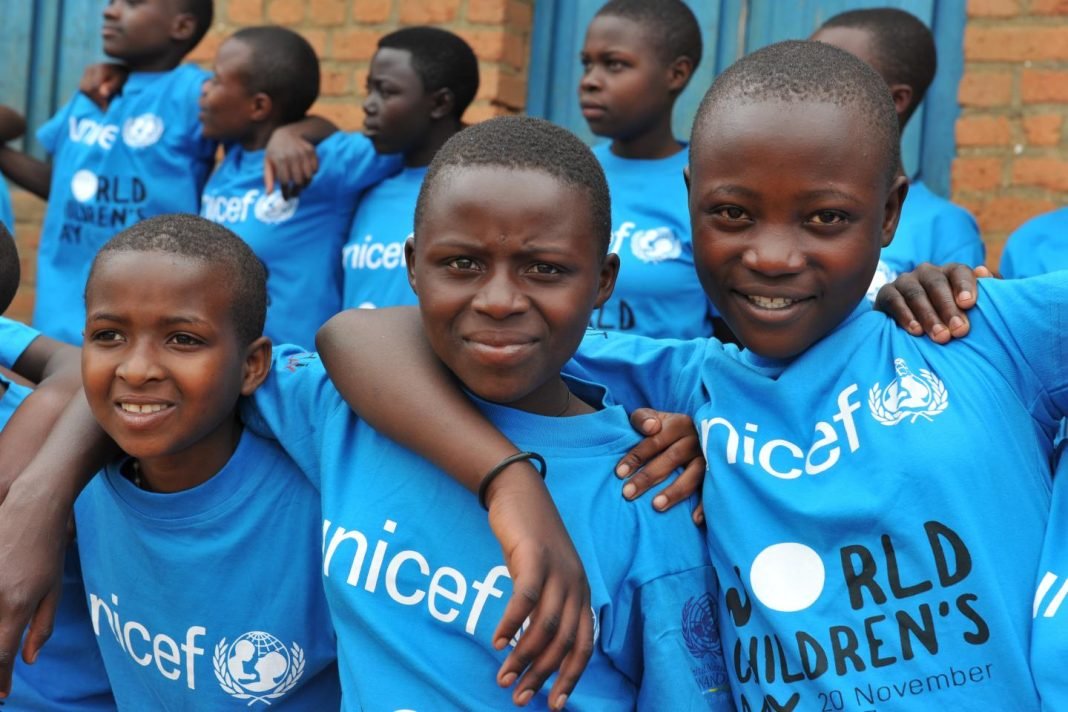Kigali, 14 September 2022 (TDI): United Nations International Children’s Emergency Fund (UNICEF) sent 92,000 books to Rwanda Biomedical Center (RBC) to help health professionals provide services in a variety of community intervention areas.
Furthermore, this will include the Integrated Community Case Management (ICCM), Mental Health & Drugs Management, as well as First Aid.
Yesterday, @UNICEF handed over 92,000 books to @RBCRwanda designed to guide health workers to provide services in different areas of intervention in the community, including Integrated Community Case Management (ICCM), First Aid, Mental Health & Drugs Management, among others. pic.twitter.com/CR4BuCi2ON
— UNICEF Rwanda (@unicefrw) September 14, 2022
In September, a nationwide drive to combat malaria got underway, with the distribution of mosquito nets focusing on 18 regions. Indoor residual spraying (IRS) will be used to reach the other 12 districts.
Rwanda Biomedical Center: An Overview
Rwanda Biomedical Center was created in 2011 as a result of the merging of fourteen significant medical organizations. RBC works to promote the population’s health in Rwanda by offering high-quality, cost-effective, and durable health care services.
Aside from that, health therapies that are preventive, rehabilitative, and curative are used to achieve this. The security and health of Rwanda are at the core of RBC’s daily efforts.
On this platform, individuals will be able to find detailed information about people’s health services as well as common diseases.
Additionally, in order to defend the country from illnesses and other health dangers, RBC carries out scientific research, offers diagnostic services, and implements cutting-edge health solutions.
ICCM: The Goal
The goal of integrated community case management (ICCM) aims to provide community health workers (CHW) well with the training, resources, and tools they need to diagnose.
Moving ahead, to treat a variety of illnesses, including diarrhea, pneumonia, and malaria, for sick children. Also, it is for the children whose families have limited access to case management at medical facilities.
Apart from this, in order to provide effective therapeutic approaches in the community, ICCM outfits and supports diverse strata of community health practitioners. It is a crucial part of the WHO’s 1990s-developed Integrated Management of Childhood Illness (IMCI).








